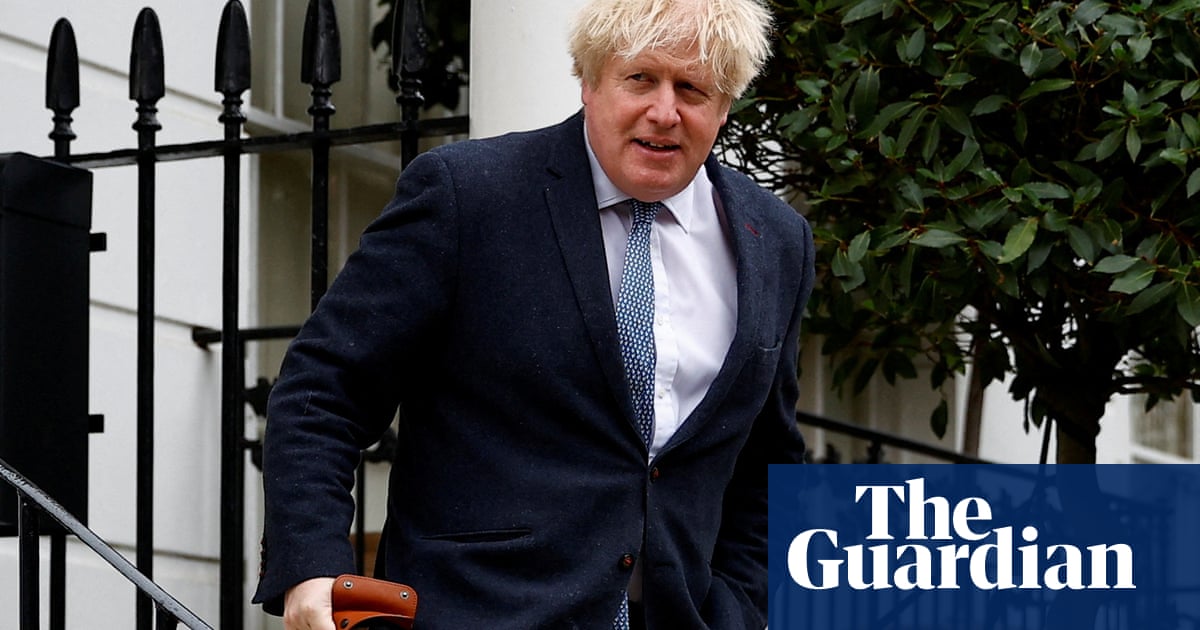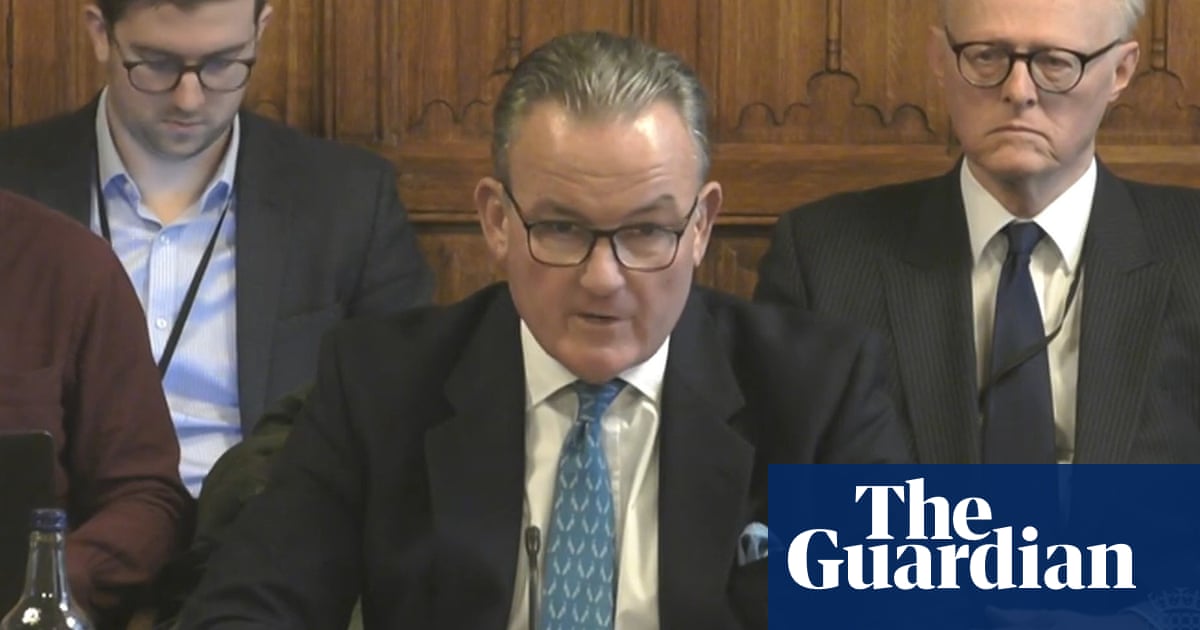
Downing Street has said it is taking seriously reports that Post Office bosses formulated a secret plan with the full knowledge of the government to get rid of forensic accountants who had highlighted the unreliability of the Horizon IT system.
Details of the alleged decision are included in minutes from two 2014 meetings, according the BBC, prompting campaigners to accuse the Post Office of a “total cover-up”.
It emerged as the inquiry into the Horizon IT scandal heard from a former Post Office investigator, who said she feared questioning the reliability of the faulty accounting system used as evidence to prosecute hundreds of branch owner-operators because she believed that, “if you started to challenge too much, it didn’t go well”.
The prime minister’s spokesperson, referring to the alleged plan to sack the forensic accountants, said: “We take those reports extremely seriously. It is right that we have an inquiry to look into this.”
Seeking to distinguish the current Conservative government from the Tory-led coalition of 2014, she added: “With that ongoing, I won’t comment on matters of potential interest to the inquiry, particularly also given it relates to a previous administration.”
The spokesperson refused to offer any guarantees further compensation would be offered if it were found that the government was aware of attempts to cover up issues relating to Horizon. She told reporters she was “wary of getting into hypotheticals” and that the government was “cooperating [with] and supporting the inquiry fully”.
Her comments followed claims by the BBC that a meeting of a Post Office board subcommittee, codenamed Project Sparrow, was held in April 2014. The meeting reportedly came nine months after the forensic accountants Second Sight had submitted a report identifying bugs that raised concerns about the reliability of the Horizon data used to prosecute post office operators, in what has since been described as “the most widespread miscarriage of justice in UK history”.
The broadcaster said minutes showed the subcommittee asked for a paper to be prepared on the accountants, as well as for “options to support them or reduce their role”.
It said the Post Office was warned it was in breach of its legal duties because prosecuted branch owner-operators should have been told about the bugs, but the board reportedly later expressed concern that the review from the forensic accountants exposed them to claims for wrongful conviction.
Three weeks after the first meeting, the subcommittee decided to bring the investigation of branch operators’ cases “within the control of the Post Office” and removed Second Sight from its role of investigating the cases independently, the BBC alleged.
Responding to the allegations, the campaigner and former post office operator Alan Bates told the BBC: “It’s been a cover-up from start to finish. That’s coming out now. It’s undeniable. And this is what we’ve been up against all the way. We’ve always known they were covering up – it’s just been very difficult to find proof.”
Jo Hamilton, another former branch operator, said the move was like “tipping the board up when you’re losing” a game of Monopoly.
A Post Office spokesperson said: “It is not appropriate for the Post Office to comment on allegations being made outside of the inquiry, whose role it is to consider all of the evidence on the issues it is examining and independently reach conclusions. We fully share the public inquiry’s aims to get to the truth of what happened in the past and accountability.”
Giving evidence to the inquiry on Friday that shed light on the culture within the organisation, the former Post Office investigator Suzanne Winter said she was fearful of questioning assurances that Horizon was reliable.
She said of Fujitsu, the technology company that built the Horizon system: “They were being reported as the expert of the computer and you were more or less, in the Post Office where we were, if you challenged anything … you didn’t feel you could challenge anything”.
Asked by the counsel to the inquiry Emma Price whether there was “any particular individual or individuals who made that the case”, Winter said: “You just got the impression that if you started to challenge too much, it didn’t go well.”












